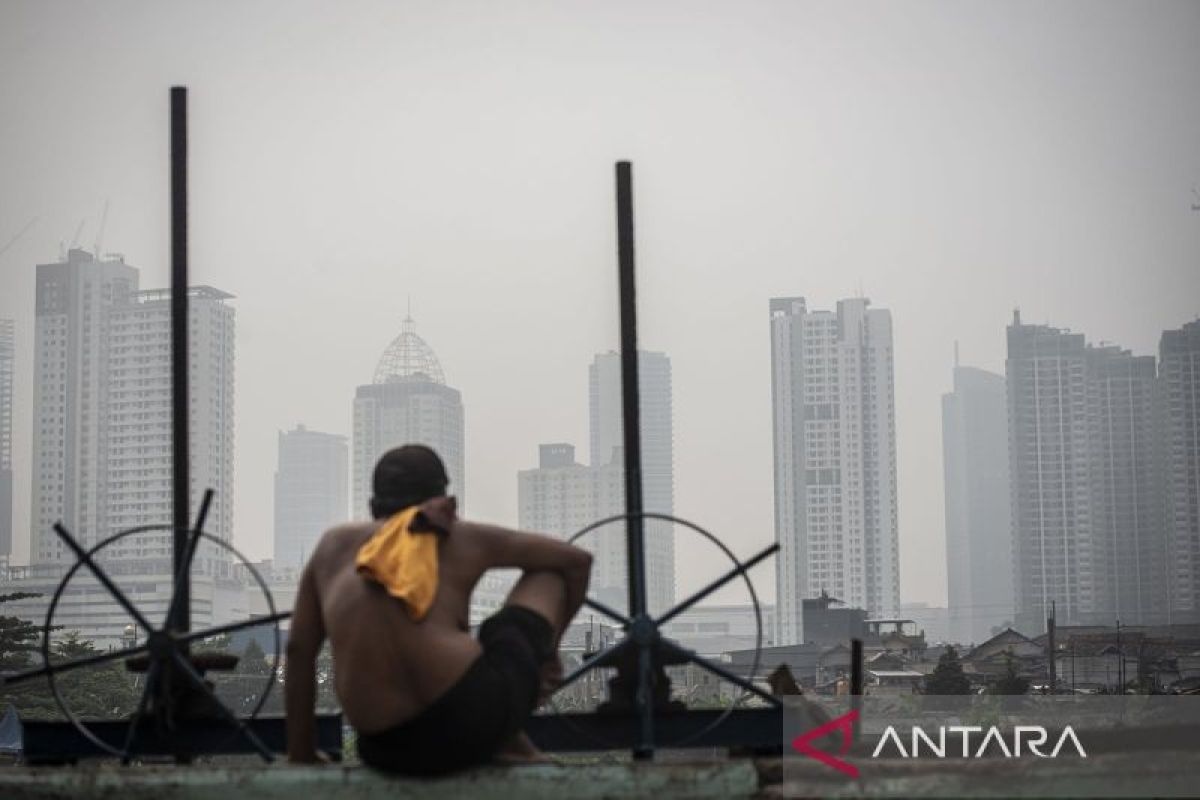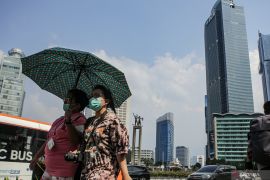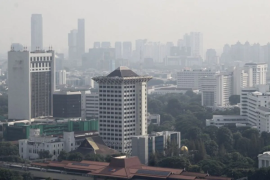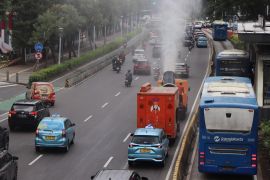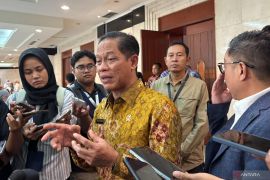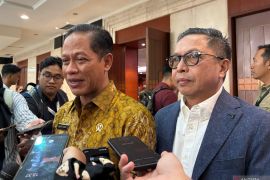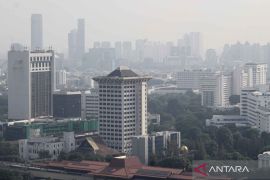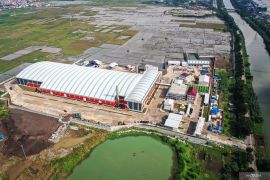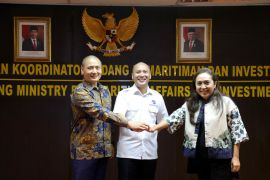"Scientific data can help demonstrate the widespread nature of air pollution and encourage public participation," said Rachmat Kaimuddin, the ministry's Deputy for Transportation and Infrastructure, in a statement on Monday.
According to government data, motor vehicle exhaust emissions are the primary contributor to air pollution in Jakarta.
Kaimuddin said that his office is working to implement higher fuel standards. Although Indonesia has adopted EURO4 standards, fuel production remains below that level.
The EURO4 standard sets limits on pollutants emitted during the combustion of motor vehicle fuels, including sulfur, carbon monoxide, and nitrogen oxides.
Kaimuddin mentioned that the government has offered financial incentives for the adoption of electric vehicles and plans to develop low-emission zones (LEZs).
Meanwhile, Catherine Witherspoon, an advisor at the ClimateWorks Foundation, noted that monitoring air quality involves measuring various air pollutants using specific parameters.
She emphasized the importance of considering economic impacts, particularly on the private sector, when implementing air pollution control measures.
She also advocated for behavioral changes to reduce emissions, such as through the adoption of low-emission policies.
Related news: Indonesia steps up use of electric buses to tackle air pollution
Related news: Indonesia intensifies air pollution monitoring in Greater Jakarta
Translator: Ahmad W, Kenzu
Editor: Anton Santoso
Copyright © ANTARA 2024
